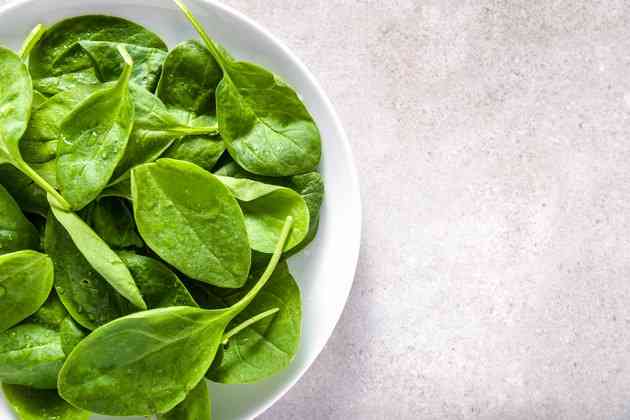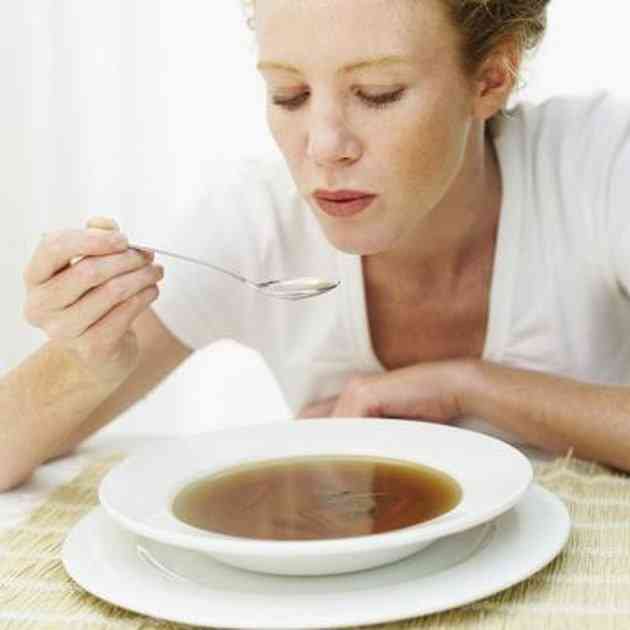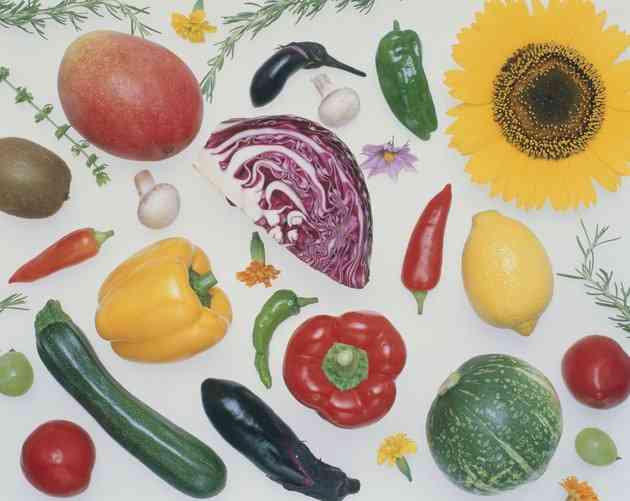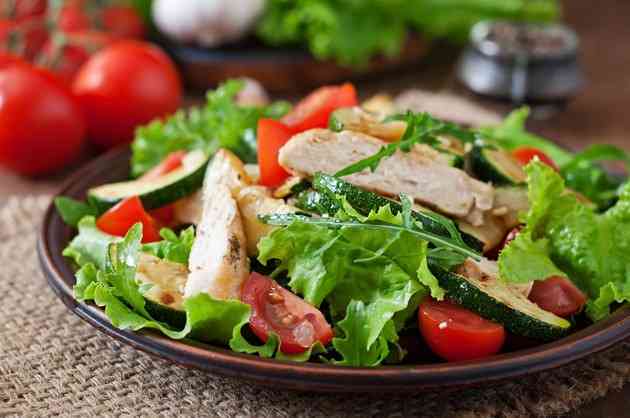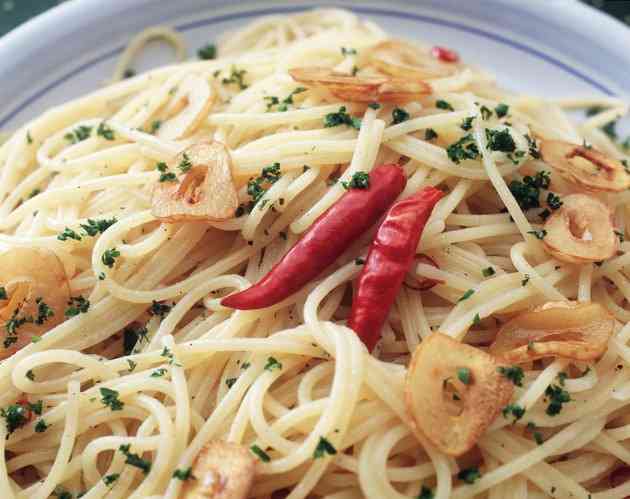The Best Foods During Chemo

Chemotherapy is a trying time without having to worry about what to eat, so the American Cancer Society recommends preparing ahead of time. Stock up on your favorite foods and make nutritious meals you can freeze in individual portions so you'll have plenty of tasty but healthy options available during this difficult time. Include a lot of fruits and vegetables, whole grains and lean protein sources.
 Woman chopping fresh vegetables (Image: George Doyle/Stockbyte/Getty Images)
Woman chopping fresh vegetables (Image: George Doyle/Stockbyte/Getty Images)Whole Grains
Whole grains are more nutritious than refined grains and provide more fiber. This fiber can help minimize some of the side effects that sometimes occur during chemotherapy, such as diarrhea and constipation. Examples include popcorn, oatmeal, whole wheat toast, brown rice and quinoa. Keep whole-grain snacks handy, such as crackers, cereals and muffins, because snacking often can help you maintain your weight if chemotherapy causes you to lose your appetite and have trouble eating larger meals.
Fruits and Vegetables
The American Cancer Society recommends eating 1.5 to 2 cups of fruit and 2 to 3 cups of vegetables each day during chemotherapy. Fruits and vegetables provide fiber, antioxidants and phytochemicals but don't contain a lot of fat, making them good choices for people undergoing chemotherapy. Bananas, pears and applesauce may be helpful if you get diarrhea, and frozen grapes, watermelon, cantaloupe and peaches may be good options if you have a dry or sore mouth or throat, notes the Academy of Nutrition and Dietetics. Fruit smoothies can help you get your calories and nutrients if you don't have much of an appetite.
Lean Protein Sources
You need protein to repair damaged cells, which means you need more protein than usual during chemo. Red and processed meats may increase your cancer risk, so limit these in your diet. Focus on lean protein sources, such as beans, eggs, nuts, fish, soy, poultry and low-fat dairy products. Chemotherapy lowers your immune system, putting you at an increased risk if you're exposed to bacteria or other pathogens in food. Cook all dishes containing meat, poultry, seafood or eggs thoroughly and avoid unpasteurized dairy products to limit the risk of food poisoning.
Fat Considerations
Foods high in fat increase your risk for weight gain and should be limited if you're able to maintain your weight during chemo because obesity increases the risk for cancer. Otherwise, add more fat to your diet to help you get enough calories, focusing mainly on the healthy unsaturated fats such as those found in avocados, nuts, olives and vegetables oils but including whole-milk dairy products and other sources of saturated fats if necessary because of the side effects you experience during chemo.
